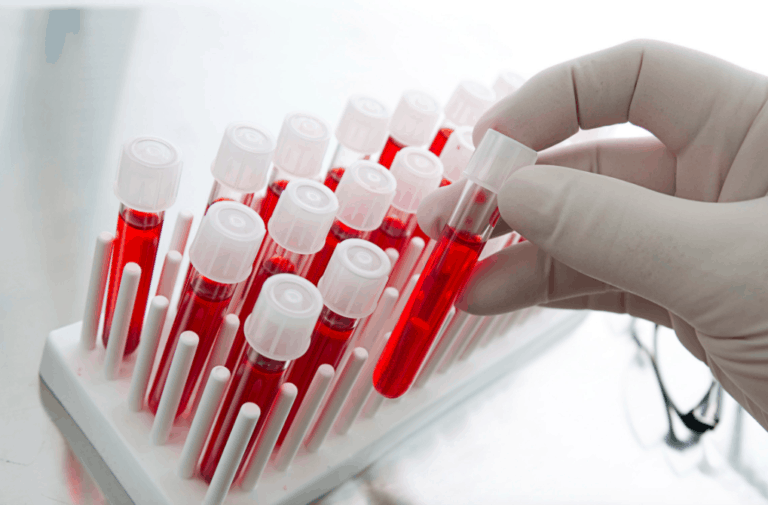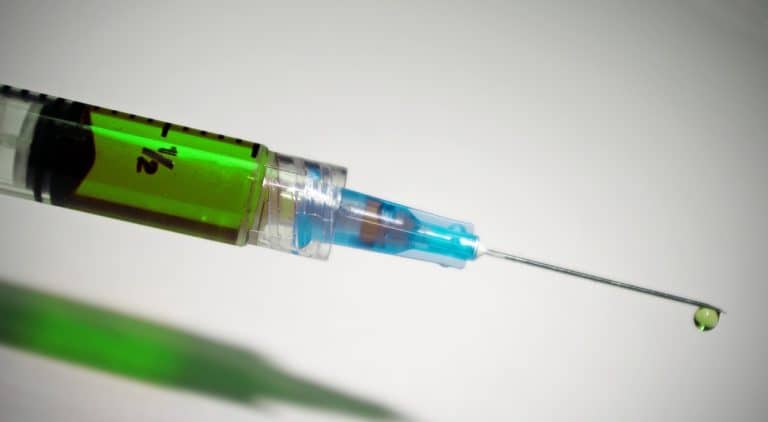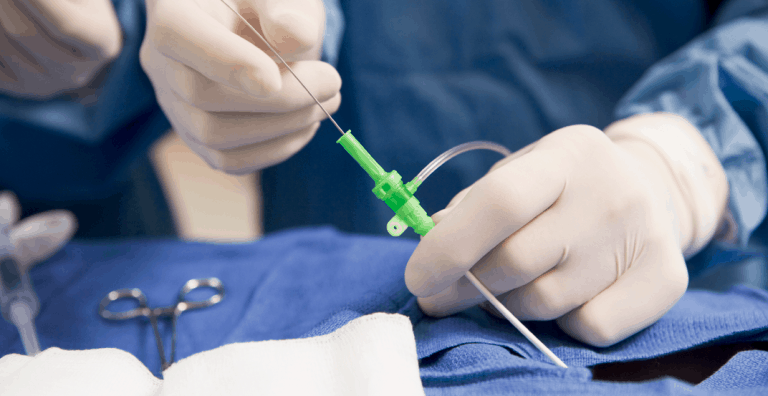Results of a retrospective review show that men with low testosterone who chose testosterone replacement therapy after prostatectomy were not at increased risk of prostate cancer recurrence. This study was presented at the 2012 American Urological Association annual meeting in Atlanta, Georgia.
Use of testosterone replacement therapy in men with prostate cancer has been controversial because of concern the hormone will promote progression of the disease or cause prostate cancer recurrence in men who have been treated for the disease.
Yet a growing number of studies of testosterone therapy and prostate cancer have shown no increased risk of prostate cancer both in men being treated for the disease as well as those who take testosterone to restore low levels of the hormone, as occurs during male menopause (andropause).
Investigators from Baylor College of Medicine in Houston compared 103 men with low testosterone after undergoing radical prostatectomy with 50 men who had normal testosterone levels after surgery. Of the 103 men, 77 had prostate cancer with no high-risk characteristics and 26 had prostate cancer with high-risk characteristics.
During a median follow-up of 27.5 months, significant increases in testosterone levels were observed in the 103 men taking testosterone replacement therapy. Four of the 103 men (4%) had a PSA recurrence (which indicates possible prostate cancer recurrence) compared with 8 (16%) of those in the control group, who were not taking testosterone.
Andrew W. Pastuszak, MD, PhD, from the Scott Department of Urology at Baylor, and his colleagues concluded that “Testosterone replacement therapy remains a viable treatment alternative in men with a history of prostate cancer who have undergone prostatectomy.” This includes men with prostate cancer that has high-risk characteristics.
Read more in our Prostate Cancer Health Center.
Reference
Hitt E. Testosterone okay after radical prostatectomy. Medscape 2012 May 22







